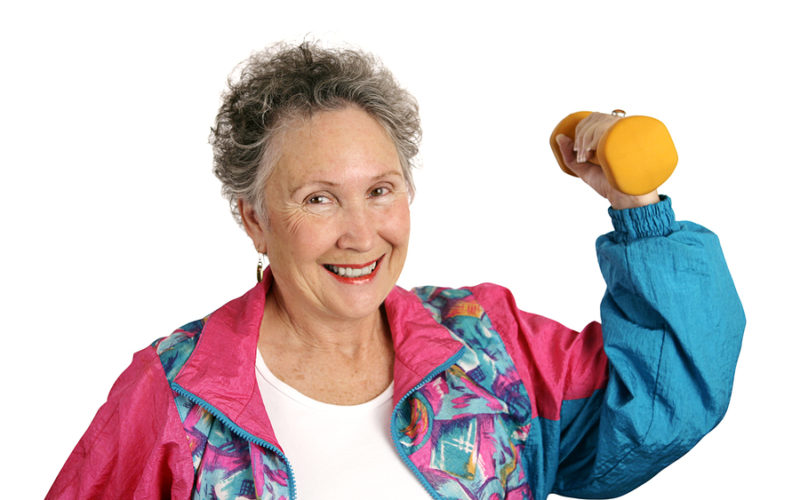By Chris Woolston, M.S.
At any age, stress is a part of life. Young and old alike have to face difficult situations and overcome obstacles. While young adults struggle to establish a career, achieve financial security, or juggle work and family demands, older people may face failing health or dwindling finances — or simply the challenges of retaining their independence. Unfortunately, the body’s natural defenses against stress gradually break down with age. But you don’t have to give in to stress just because you’re no longer young.
Many seniors still manage to sail through their later years. “Successful agers” tend have a few things in common: They stay connected to friends and family, they exercise and keep active, and, above all, they find ways to both reduce and manage the stress in their lives.
The good news is that we can put what we know about stress and aging to work for us. Learn to manage and reduce your stress load and you have a better chance to live a long, healthy life.
Maintaining a positive outlook is one key — a study by Yale University found that people who feel good about themselves as they get older live about seven and a half years longer than “glass half empty” types. Researchers say the people with more positive attitudes may also deal with stress better and have a stronger will to live.
Staying close to friends and family is an excellent way to cut down on stress. As reported by the American Psychological Association, social support can help prevent stress and stress-related diseases. The benefits of friends and family can be especially striking for seniors. An article published in the American Journal of Health Promotion notes that social support can slow down the flow of stress hormones in seniors and, not coincidentally, increase longevity. Other studies have found that social interactions can help older people stay mentally sharp and may reduce the risk of Alzheimer’s.
Exercise, a proven stress-buster for people of all ages, may be especially valuable in later years. Regular walks, bike rides, or water aerobics can do more than keep a person strong and independent; exercise can actually help block the effects of aging on cortisol levels. A recent study published in Psychoneuroendocrinology found that physically fit women in their mid-60s had essentially the same response to stress as a group of unfit women in their late 20s. In contrast, women in their mid-60s who weren’t physically fit released much larger amounts of cortisol in response to stress.
In the end, anything that reduces unnecessary stress will make the later years more enjoyable. Some people simply need to stop trying to do too many things at once. Others may want to try breathing exercises or other relaxation techniques. Still others may need to talk to a psychologist to find a new perspective on their lives.
Whatever the approach, fighting stress overload is worth the effort. The American Psychological Association reports that reducing stress in later years can help prevent disabilities and trips to the hospital. And if people end up feeling younger, healthier, and happier, that’s OK, too.



















Leave a Reply